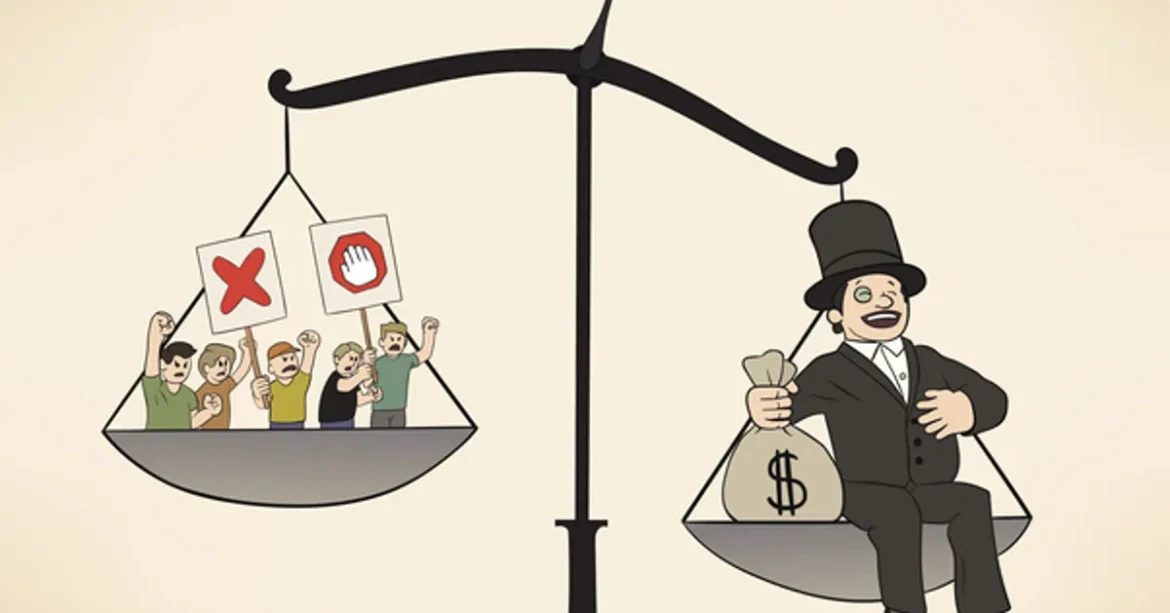Social justice advocates argue that inequality is not simply a matter of personal responsibility or luck but also the result of systemic structures. Discrimination based on race, gender, ethnicity, or disability continues to restrict opportunities for many. For instance, women around the world still earn less than men for similar work, and minority groups often face barriers in education, employment, and political participation.
Advertisement
The digital age has introduced new dimensions of inequality as well. Access to technology and the internet is increasingly essential for success, yet millions of people—especially in developing countries—remain disconnected. This “digital divide” risks deepening existing disparities, as those without access are excluded from opportunities in education, employment, and civic engagement.
Social justice movements have emerged to confront these challenges. Campaigns for gender equality, racial justice, LGBTQ+ rights, and disability inclusion have gained global momentum, demanding that governments and institutions address systemic discrimination. Social media has amplified these voices, making inequality a visible and urgent issue. However, progress is often met with backlash, reflecting the tensions inherent in social transformation.


